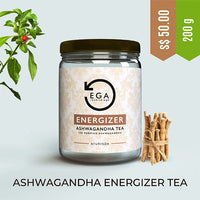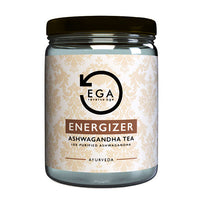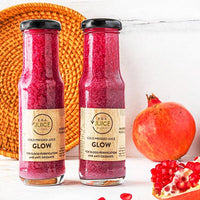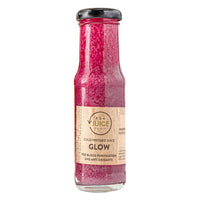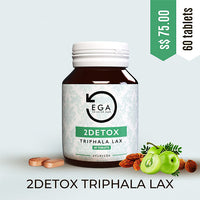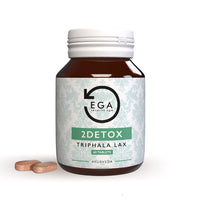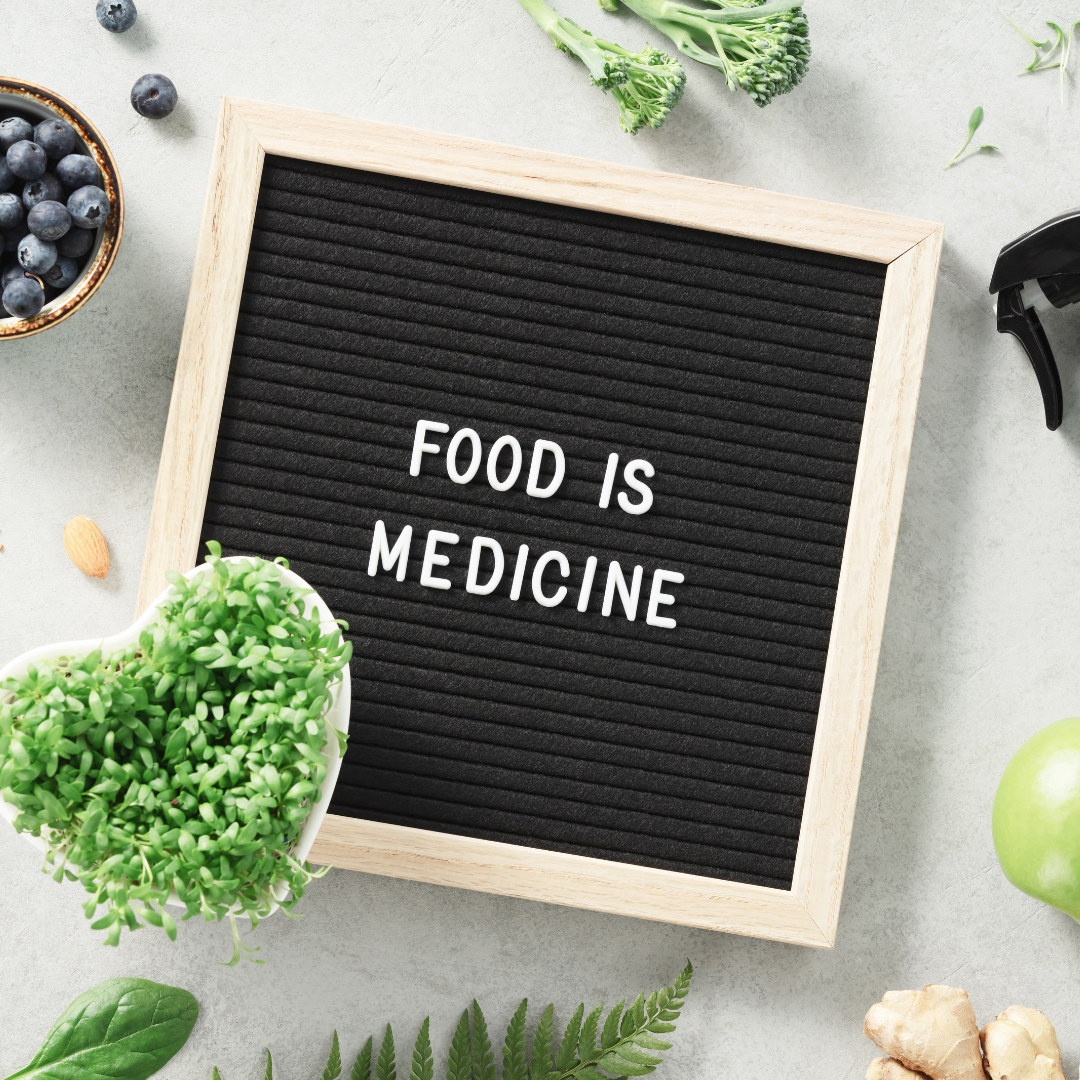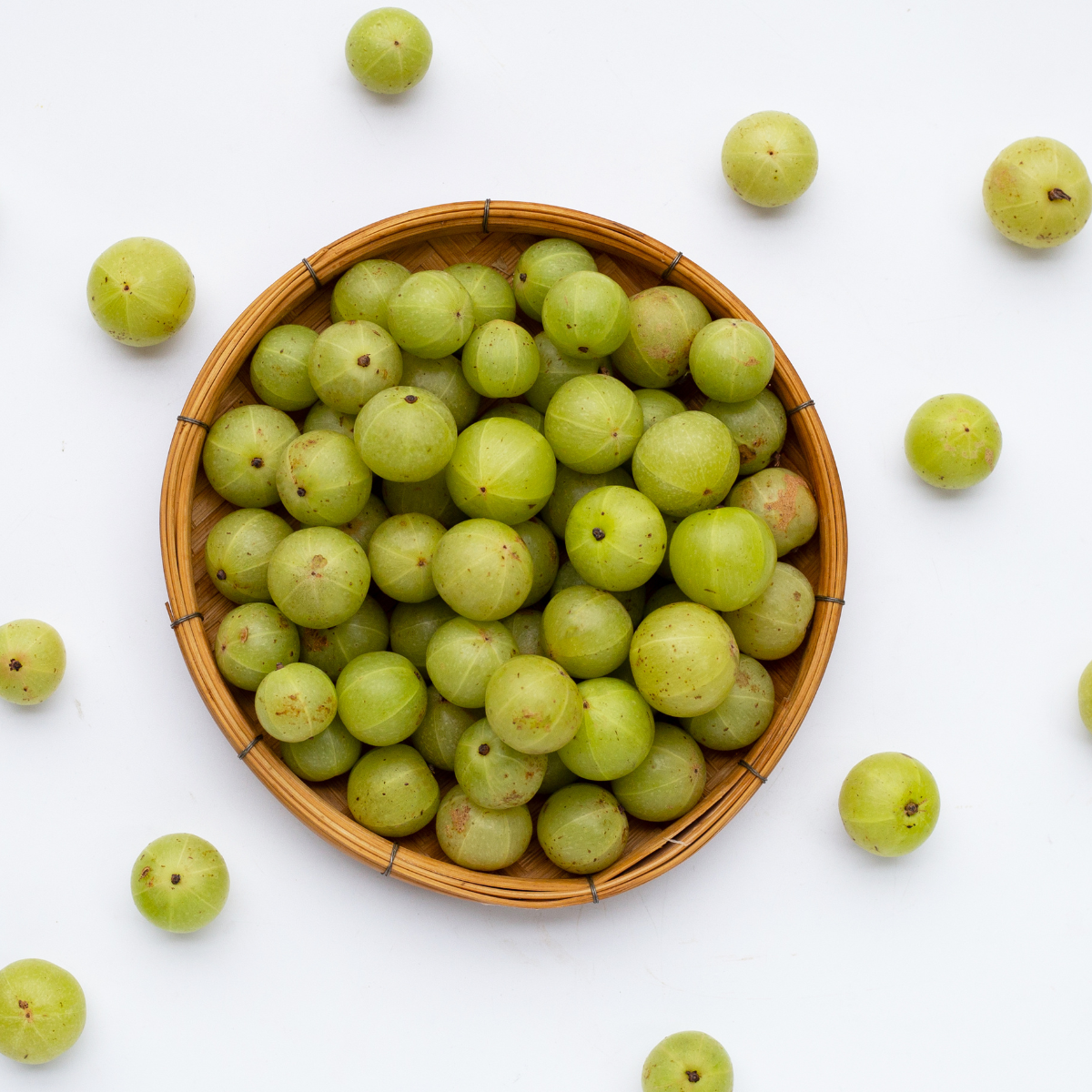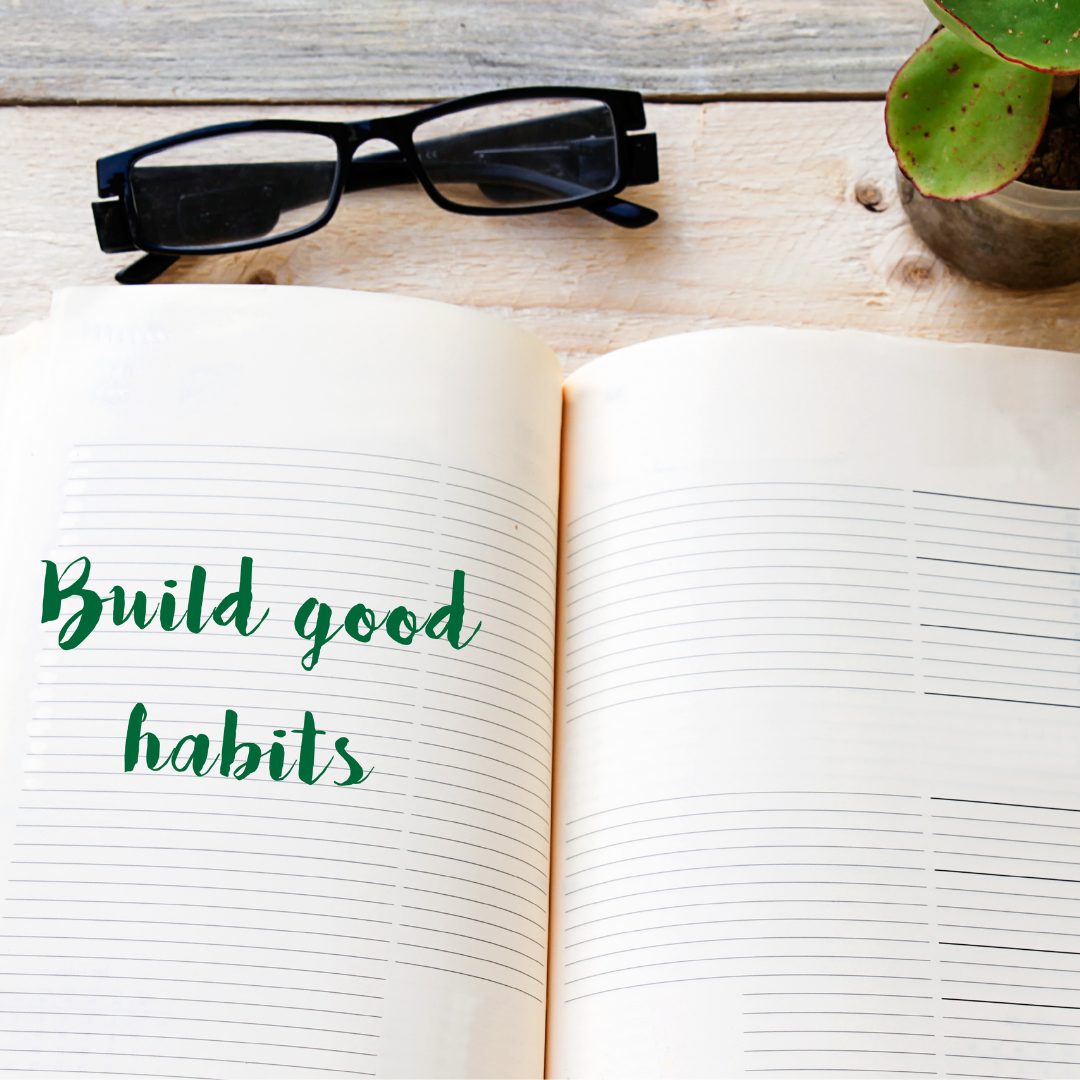What is Ayurveda really?
For most of us, Ayurveda is just another way of treating illnesses with medicines that are made up of herbs. Well, Ayurveda is much much more than that and today, on National Ayurveda Day, we are going to explore that.Ayurveda is the Upaveda (sub or near to veda) of Atharva veda. It’s also called Panchama veda (5th veda). The word Ayurveda is made of two words Ayu and Veda. The word Ayu doesn’t mean just life, instead it means –
शरीरेन्द्रिय सत्वात्मा संयोगो। – चरक संहिता १।४२ śarīrendriya satvātmā saṃyogo।1.42The union of Shareera (body), Indriya (sense organs), Satva (mind) and Atma (soul).and Veda means knowledge. Hence, Ayurveda means the knowledge of the union of body, sense organs, mind and soul. So when people bless saying ‘दीर्घायुषी भव।’ (dīrghāyuṣī bhava।) it means let you be in union with all the above factors for a long time!Long time ago, our sages took a note of the fact that people are becoming greedy, getting diseases and are not happy compared to what they were in the past. Some sages went in search of a remedy to cure diseases, make people remain healthy and happy. When they went to lord Indra, he preached the knowledge of Ayurveda to the sages, who then preached the same to their students and so on so forth. From there on the saga of Ayurveda started, for the sole purpose of betterment of mankind.
Principles that govern Ayurveda
स्वस्थस्य स्वास्थ्य रक्षणं, आतुरस्य विकार प्रशमनं। (चरक संहित सूत्र ३०।२६ )svasthasya svāsthya rakṣaṇaṃ, āturasya vikāra praśamanaṃ। (Caraka Saṃhita Sūtra 30।26 )Ayurveda Shastra aims at keeping a healthy person healthy and managing or curing diseases (mind, body or both) that manifest in a person.Ayurveda is based on mainly three principles –
Principle 1: Samanya Vishesha Siddhantha (Ordinary – Special Principle)
Ex: when you have dryness of skin, you might apply moisturizer to bring back the moisture that was lost in your skin. The moisture content of your skin is increased by a similar moisture containing the product. This is Samanya. At the same time, the dryness was reduced due to the Vishesha of moisture that is opposite to dryness in your skin.For a drug to act, both Samanya and Vishesha principles come into play.समान्यंएकत्वकरं,विशेषस्तुप्रुथक्त्वक्रुत्॥
सर्वदासर्वभावानांसामान्यंव्रुद्धिकारणं, ह्रास हेतुर्विशेषस्च॥ (चरक संहिता सूत्र १।४५)samānyaṃ ekatvakaraṃ,viśeṣastu pruthaktva krut ॥
sarvadā sarva bhāvānāṃ sāmānyaṃ vruddhi kāraṇaṃ, hrāsa heturviśeṣasca॥ (caraka saṃhitā sūtra 1।45)The principle of a dravya (substance) that brings about union or increase in the dravya’s quality or quantity is called as samanya. The principle of a dravya that brings about non-union or decrease in a dravya’s quality or quantity is called as vishesha.
Principle 2: Panch Mahabhoota Siddhantha (5 Fundamental elements Principle)
Dravya is any substance that has qualities and actions residing in it. We, human beings are also a dravya. Ayurveda being more practical oriented subjective science, opines that based on the different structural and functional aspects of the universe and organisms, each and every cell, organ, organ systems and in general every Dravya (substance) in the universe is made of Pancha Mahabhoota (5 proto elements or atoms) that are in different proportion in each substance –
- Prithvi (earth proto element)
- Aap (water proto element)
- Agni (fire proto element)
- Vaayu (air proto element)
- Akasha (space proto element)
For example, the hardness of bones is due to Prithvi Mahabhoota predominance. The unctuousness in our body, all fluids is due to Aap Mahabhoota predominance. The temperature of one’s body, various digestive fluids is due to Agni Mahabhoota predominance. Various movements of enzymes to target cells, bodily movements are due to Vaayu Mahabhoota predominance. The hollowness of different organs like lungs, heart, etc is due to Akasha Mahabhoota predominance.
Principle 3: Tridosha Siddhantha (Tri-defect Principle)
The 5 Mahabhoota’s combined with each other give rise to 3 Dosha’s (type of defects) that help in maintaining physiology of our body when in stable state and they cause diseases when in unstable state. These are like the basic software of our body.
वात (Vaata) – The dosha that is responsible for the movement of each and every atom, and also provides space for all movements to occur. For example, the act of respiration, peristaltic movements in the intestine, excretion of waste from our body, movement of nerve impulses in the nerves, initiation to do any work, etc.पित्त (Pitta) – Responsible for any transformation taking place in our body and also the temperature changes in our body. For example, digestion, metabolism, breaking of large food particles to smaller ones for absorption in our body, etc.कफ (Kapha) – Responsible for energy storage, the formation of new structures, protection in our body and bonding between molecules in our body to form larger molecules. For example, immunity, synovial fluid in joints, mucous lining protecting the digestive tract, adipose tissue storing fat, the stability of our body and mind, etc.
Top 10 – Ayurveda Recommended habits for being healthy
Based on above principles, here are some of the most effective health tips mentioned in Ayurveda for those who aspire to be healthy-as-a-horse individuals and to remain the same!
Habit 1: Wake up in ब्राह्मि मुहूर्त (brāhmi muhūrta)
A healthy individual should wake up approximately 96 minutes before sunrise to stay healthy. Brahma means knowledge. The time to seek knowledge is called as Brāhmi Muhūrta.Reason: We humans have an internal clock that maintains a cycle of events at a 24 hour interval. It is found that the body temperature is minimum at 5:00 AM, the sleep inducing hormone Melatonin is at its minimum level at the day time and also the hormone Cortisol that helps to withstand stress and traumas in life is secreted more at this time.Moreover, the level of nascent oxygen is 40% in the environment at this time, so the more one is awake at this time, the more oxygen one gets and the more healthy all the tissues function in one’s body, as our bodily functions require oxygen for every process. waking up at this time keeps one’s body in sync with environment and our bodily changes too. Hence, do wake up in Brāhmi Muhūrta.
Habit 2: Do exercise (व्यायाम) everyday!
शरीरायास जनकं कर्म व्यायाम उच्यते (commentary by Arunadatta on अष्टांग संग्रह संहिता सुत्र २।१४) – any action that makes one tired is termed व्यायाम (vyāyāma).
अर्धशक्त्या निषेव्यस्तु बलिभि: स्निग्धभोजिभि:।
शीतकाले वसन्ते च मन्दमेव ततो अन्यदा।। (अष्टांग ह्रदय संहिता सुत्र २।११)ardhaśaktyā niṣevyastu balibhi: snigdhabhojibhi:।
śītakāle vasante ca mandameva tato anyadā।।
One who is strong and eat unctuous food everyday should use half of one’s energy to do व्यायाम. Same to be done in winter season and autumn. In summer and rainy season, one should use less than half energy to do व्यायाम .
Reason:In Ayurveda, doing व्यायाम is said to reduce Kapha Dosha and Medha Dhatu, which is the main cause of the disease प्रमेह (diabetes mellitus and related diseases), रक्तचाप (Atherosclerosis, hypertension and related diseases), etc.However, It is not recommended for elderly (above 70 years), young (below 16 yrs) and those having वात(vaata) and पित्त(pitta) diseases.Since, in old age (above 70), most of one’s Dhatus (tissue systems) keep depleting, hence doing व्यायाम further depletes the Dhatus which are already in that stage due to age related changes. In young age (below 5), not all Dhatus are completely formed or matured, hence doing व्यायाम will deplete dhatus that are yet to gain their full potential.
Research: It is found by observational research that, those who are physically active exhibited a 30-40% reduction in relative risk of colon cancer and 20-30% women showed reduction in the relative risk of breast cancer.
Habit 3: Do अभ्यंग (Abhyanga-oil application) everyday!
अभ्यंग means applying oil in अनुलोमगति (direction of our hair) all over the body. Doing Abhyanga every day will reduce premature aging or keep one young, reduce tiredness, pacifies Vaata Dosha, brings clarity to the eyes, nourishes the body, facilitates sound sleep and makes one’s skin healthy.It’s good to apply oil to the whole body, but if it is not possible, one should apply it to face, scalp, into the ears and feet.
CAUTION: Take care as to remove the oil in the ears with a cotton wick after counting to 100 times the number 1. One should not apply pressure while applying warm oil; just spread oil in the direction of body hair in swift motions for at least 15 minutes.What is the Time to do and which oil to use?
It’s best done with coconut oil or sesame oil before bath in the morning after exercise.After अभ्यंग procedure?Take warm water bath.Research: In a pilot study it was found that Abhyanga statistically reduced subjective stress, BP and heart rate in pre-hypertensive subjects.A study was conducted on basketball players to elicit the effect of Abhyanga on muscle strength, it was found that Abhyanga increased muscle strength significantly. However, with no Abhyanga for a 15 days led to the reduced muscle strength. This shows how important it is to do Abhyanga everyday and especially after exercise.
Habit 4: Do उव्दर्तन (Uvdartana – scrubbing using medicated powders) everyday!
उव्दर्तनं कषायादि चूर्णैर्गात्रोध्दर्षणं (हेमाद्रि commentary on अष्टांग ह्रुदय संहिता सुत्र २।१५)uvdartanaṃ kaṣāyādi cūrṇairgātrodhdarṣaṇaṃThe act of rubbing चूर्ण (powders of any suitable drug) with some friction on the body is called as उव्दर्तन.
Which powder is used generally?
Turmeric, Triphala (the powder of dried fruits of three drugs), gram flour are combined in equal quantity in powder form and applied as a bathing powder after abhyanga and before bath.Research: A research conducted on healthy volunteers on the effect of udvartana showed that it significantly reduced body weight,body mass index, waist circumference,skin fold thickness, enhanced skin texture and also reduced stress.
Habit 5: Do कवल ग्रह (Kavala Graha – oil pulling or hot water or kashaya gargling) everyday!
Which Oil to be used?
Sesame oil or Coconut oil.Procedure:
Take a spoon of warm oil in mouth and move it in mouth till there is uncontrollable or excessive salivation,thin watery discharges from eyes and nose.Research:
A study done to know the effects of oil pulling on oral health showed significant reduction in plaques and modified gingival index.Also there was considerable reduction in microbial colony count in mouth.
Habit 6: Stop अध्यशन (Adhyaśana – overeating)
अध्यशनं भूयो भुक्तस्योपरि भोजनं (अष्टांग ह्रुदय संहिता सुत्र ८।३४ )adhyaśanaṃ bhūyo bhuktasyopari bhojanaṃ।
Eating food even before the digestion of previous meal is called अध्यशनं.
Reason: When you overeat, stomach expands to contain the food and hence puts pressure on other organs making you feel fullness, distended abdomen, sluggish or tired. Stomach produces hydrochloric acid to breakdown food, which is thrown back to food pipe causing heartburn, our body tries to metabolise extra calories leading to feeling temporarily hot or even dizzy.
Habit 7: Eat with तन्मना (tanmanā – mindfulnes)!
Reason:
What we think while eating, positive or negative, how thankful we are for the food we eat impacts on our psychology and also affects our digestion. The first phase or step of digestion, the cephalic phase (begins when we see, smell and think about food) only works when we are relaxed and paying attention to what we eat. On the other hand, stress shuts down digestion.Research:
A study conducted on treatment of obesity and overweight individuals with mindful eating as complementary treatment. It was found to help in treating both of the above conditions than just with the help of medicines.
Habit 8: Eat शुण्टि (fresh ginger) with सैन्दव लवण (Rock salt) before any meal!
Research:
Ginger is found to act as antioxidant,anti-inflammatory,anti nausea compound, and anticancer agent. Rock salt is also a good antioxidant, maintains blood pressure and also used to reduce to reduce cough,cold,etc.
Habit 9: Drink उष्णोदक (Uṣṇodaka-boiled water), but according to the need:
उष्णं क्वथनोष्णं (हेमाद्रि commentary on अष्टांग ह्रुदय संहिता सुत्र ५।१६)uṣṇaṃ kvathanoṣṇaṃWater that is boiled and reduced to 1/4th or 1/3 rd or 1/2 is called as उष्णोदक, which is unlikely of what the modern water purifiers do.
The same can become harmful if used in following conditions:
Alcoholism, fainting, vomiting, tiredness, confusion, thirst, burning sensation in the body, poisoning, Pitta Dosha caused diseases and blood related conditions.Research:
Studies have found that drinking hot water increased metabolism by 30% which lasted for 30-40 minutes after consumption.it also facilitated weight loss,increased digestion and reduced constipation.
Habit 10: Do लंघन (Laṃghana- calorie restriction – fasting) once a week!
यल्लाघवाय कार्श्याय तल्लंघनं। (हेमाद्रि commentary on अष्टांग ह्रुदय संहिता सुत्र १४।२)yallāghavāya kārśyāya tallaṃghanaṃ।
That which brings about lightness in the body or that which makes one lean is called as लंघन.
Fasting is one among 10 types of लंघन.Which is the ideal time?Skipping dinner once a week is ideal for all body types.Research:
Studies conducted in overweight humans show that calorie restriction or fasting improves health outcomes including several cardiac risk factors (which might cause heart diseases), improving insulin (factor responsible for glucose metabolism) sensitivity and oxidative damage to both DNA and RNA hence help in healthy aging.
We can see that most of the tips told above are mainly concentrating on remaining healthy, fit, boost immunity, prevent premature aging (a major issue in present generation) and also improve digestion so that essential nutrients enter our body.Hence remaining healthy is given more importance in Ayurveda and then the second priority is given for managing diseases, for the sole purpose of achieving 4 major goals of one’s life which are
धर्म-अर्थ-काम-मोक्षाणां आरोग्यं मूलं उत्तमं। (चरक संहिता सुत्र १।२४)dharma-artha-kāma-mokṣāṇāṃ ārogyaṃ mūlaṃ uttamaṃ।Dharma-Those duties or actions that give us supportArtha- material wealthKama-our wishesMoksha- Free from all attachments.All the 4 root cause of which is health.We hope you liked out composition of top 10 habits that will make your life more healthy. Please let us know your thoughts and feedback in the comments below. We would love to know which topics you’d want us to cover next.

